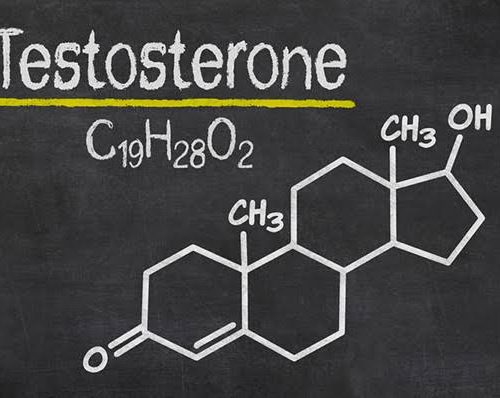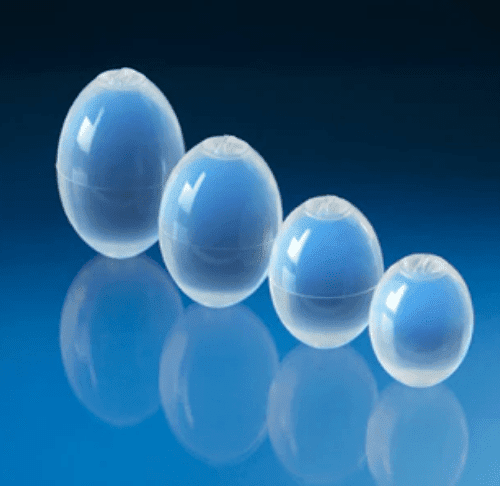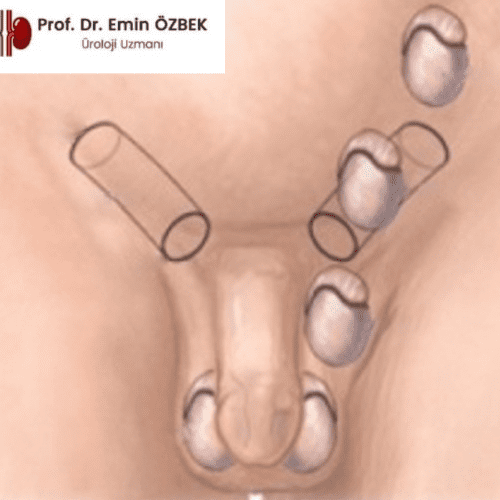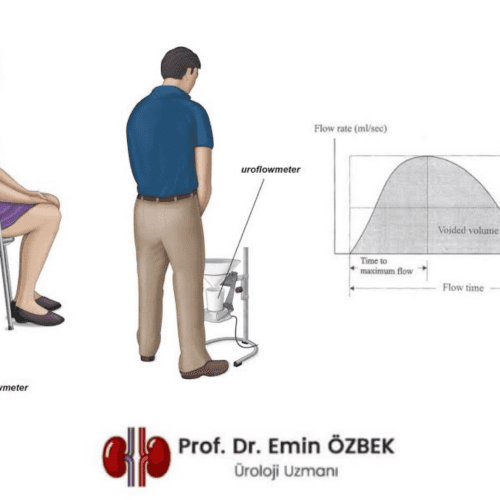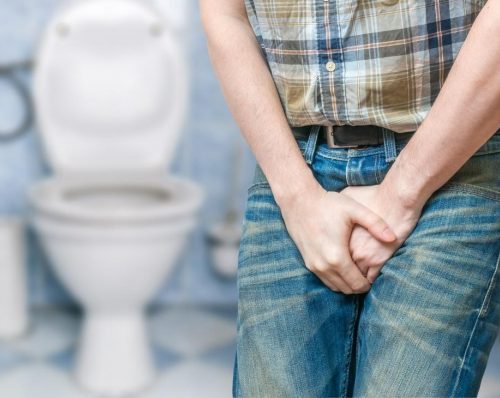Testosterone hormone (T) is an important sex hormone and anabolic steroid with important functions such as male reproduction, erection formation and development of secondary sex characteristics. Its deficiency (hypogonadism) causes many problems. In this article, I will give general information about the testosterone hormone and its functions. What is the testosterone hormone? Testosterone is an...
What is Testicular Prosthesis and Who is It Fitted?
Testicular prosthesis is fitted to patients who have lost their testicles for various reasons or who do not have congenital testicles. The procedure is done in the operating room. It is a simple operation with very successful results and a high level of patient satisfaction. Prostheses can stay in the body for a long time...
Nocturnal Bedwetting (Enuresis Nocturna) in Adults: Causes and Treatment
Involuntary urinary incontinence at night (enuresis nocturne) is a common condition in children. It is usually seen in families with low socioeconomic status and crowded families. Most of these improve with age, children do not wet the bed. However, in some people, bedwetting continues after puberty. In this article, I will explain the causes and...
Undescended Testicle: Causes, Treatment and Surgery
Undescended testis (chriptorchidism) is one of the congenital anomalies (developmental disorder) of the urogenital system that is common in boys. Early diagnosis and treatment is very important as it may cause serious complications in the future. In this article, I will give general and up-to-date information about the undescended testis in the light of my...
Uroflowmetry: What are its normal values, in which diseases is it performed?
Uroflowmetry (uroflow) test is one of the tests we use frequently in urology. It is very easy to use and does not require any special preparation. Patients only drink water until the feeling of urination (squeezing feeling) comes. We mostly do it in elderly male patients with lower urinary tract complaints due to prostate enlargement...
Prostate Specific Antigen (PSA): What is PSA, What are the Causes that Raise PSA?
Prostate-specific antigen (PSA) is a blood test secreted by the prostate and widely used in the diagnosis of prostate cancer. It was first measured in blood in 1980. Today, it is an important tumor marker used in the diagnosis and follow-up of prostate cancer. In this article, I will give general information about PSA. What...
Penile Pain: Causes and Treatment
Penile pain can occur in the entire penis, in the head or root, or in the foreskin. Penile pain can happen at any age. The degree of pain may vary depending on the cause of the disease. The reasons may vary depending on many factors, from cancer to trauma. Penis pain is actually a common...
Prediabetes Causes Erectile Dysfunction in Men
Erectile dysfunction (ED, impotence) is one of the most common urological complaints in men. ED is defined as the inability to create or maintain an erection sufficient for a normal sexual intercourse. The incidence of the disease increases with age. In the researches, it was found that the problem of erection in men over the...
Testicular Pain: Causes, Diagnosis and Treatment
Testicular pain is one of the most common urological complaints in men. Pain can be in only one testicle or in both testicles. These pains may not always originate directly from the testis, but may sometimes occur due to the disease of neighboring organs or a distant organ. Patients with testicular pain often come to...
Urinary Incontinence and Artificial Urinary Sphincter Surgery in Men
Urinary incontinence in men is usually seen after surgical interventions on the prostate, urethra and bladder neck region or after serious accidents hitting these areas. It is the valve system called “sphincter” that provides urine retention in normal people. The external sphincter, located just below the prostate, is very important in urinary retention. The part...


